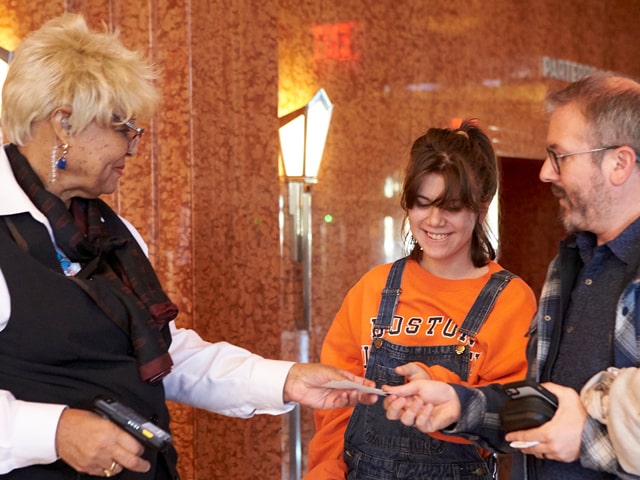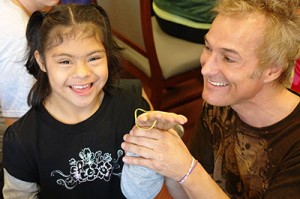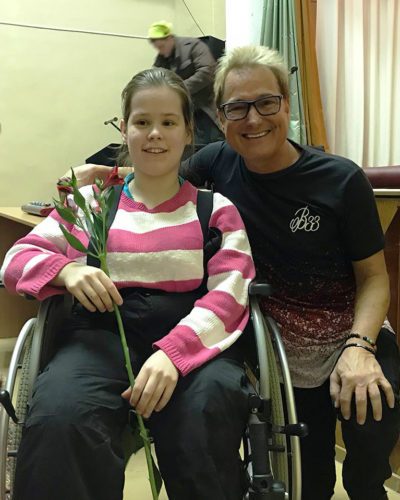
Given their frequent challenges and failures in school, and the negative social reactions they encounter, these experiences may contribute to their low self-esteem.ĪDHD research shows that self-esteem issues can lead to inappropriate coping strategies, such as anxiety and depression, substance use and deviant peer choices, and disruptive behaviors such as peer bullying and victimization, according to the study. In addition to inattention and / or hyperactivity, children and adolescents with ADHD report psychological well-being difficulties such as low self-esteem. It is characterized by problems with attention, concentration or organization, and affects academic performance in school and daily activities. The results were validated by participants, who described gains in self-esteem after attending the magic camp, and by statements from parents regarding the positive impact on their child’s psychological well-being.ĪDHD is a common neurodevelopmental disorder in children and adolescents. Self-esteem scores after magic camp were significantly higher than self-esteem scores before camp. Participants completed pre-camp and post-camp assessments, and they and their parents were interviewed individually after camp to explore their camp experience. The camp met three days a week, in 45-minute to one-hour sessions, over four consecutive weeks, for a total of nine to 12 hours. The UAB single-group study included six children with ADHD, ages 8 to 14, who participated in a virtual magic camp program designed for children with disabilities. Magic tricks programs have also been reported to improve the self-esteem of children with severe emotional disorders and those with a wide range of developmental disabilities such as communication difficulties, learning difficulties, behavioral (emotional) disorders, autism and ADHD. The approach promotes motivation and improves physical, psychological, perceptual or social functions in those who participate and has been shown to be an effective treatment technique. Learning and performing magic tricks can benefit children and adults with disabilities.

Children with ADHD can have low self-esteem.

It shows the effectiveness of a virtual summer magic camp program in improving self-esteem in children and adolescents with Attention Deficit Hyperactivity Disorder. The study, published in Health Psychology Research, is a collaboration between the University of Alabama at Birmingham‘s Institute of Arts in Medicine, the School of Health Professions‘ Department of Occupational Therapy and illusionist and educator Kevin Spencer.

Newswise – Teaching children with disabilities magic tricks can improve their feelings of self-worth and confidence, a to study showed.


 0 kommentar(er)
0 kommentar(er)
